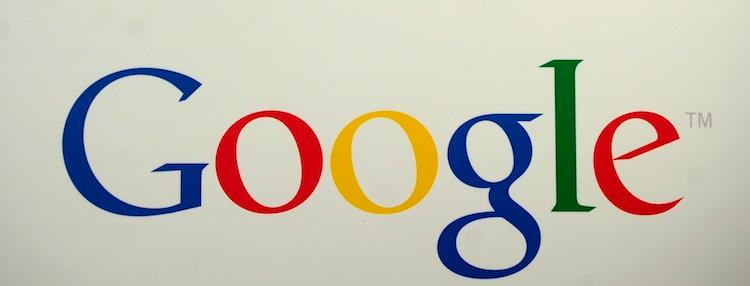In its latest transparency report released on Sunday, Google Inc. showed “alarming” concerns for the rise in government-requested censorship, including from countries that are often associated with freedom of speech and democracy.
The data, the fifth of its kind, showed that in the second half of 2011, Spanish regulators asked Google to remove 270 search results that linked to blogs and articles in newspapers referencing public figures, including mayors and public prosecutors; while in Poland, the Googleplex, Calif.-based company received a request from a public institution to remove links to a site that criticized it. Both requests were rejected by Google.
“And just like every other time before, we’ve been asked to take down political speech,” Google said in a blog post. “It’s alarming not only because free expression is at risk, but because some of these requests come from countries you might not suspect—Western democracies.”
Google also received requests from the United States and Canada in the past year. A local law enforcement agency in the United States requested Google to remove a blog post that allegedly defamed a law enforcement official in a personal capacity. Google also received a court order to remove 218 search results that linked to allegedly defamatory websites, which Google removed 25 percent of.
Google said the number of content removal requests from the United States increased by 103 percent compared to the previous report.
In Canada, Google received a request from the Passport Canada office to remove a YouTube video of a Canadian citizen urinating on his passport and flushing it down the toilet. It also received a request from a Canadian politician to remove a blog criticizing his policies. Google refused to comply with both because they “did not violet our policies.”
Countries that have been infamous for censoring content, such as China, have continued to put their requests forward with Google. Google received three requests to remove a total of 121 items between January and June 2011. Google removed ads that violated its policies but did not comply otherwise.
The data from China has been particularly opaque, even in Google’s transparency report, for during the period that Google’s joint venture operated the Chinese version of Google, google.cn, its search results were subject to censorship pursuant to requests from government agencies responsible for Internet censorship. With Google citing censorship demands in China to be state secrets, it did not disclose any information for the two reporting periods from July 2009 to June 2010.
Up to this day, China still blocks YouTube, Twitter, and Facebook from its residents.
The Epoch Times publishes in 35 countries and in 19 languages. Subscribe to our e-newsletter.
